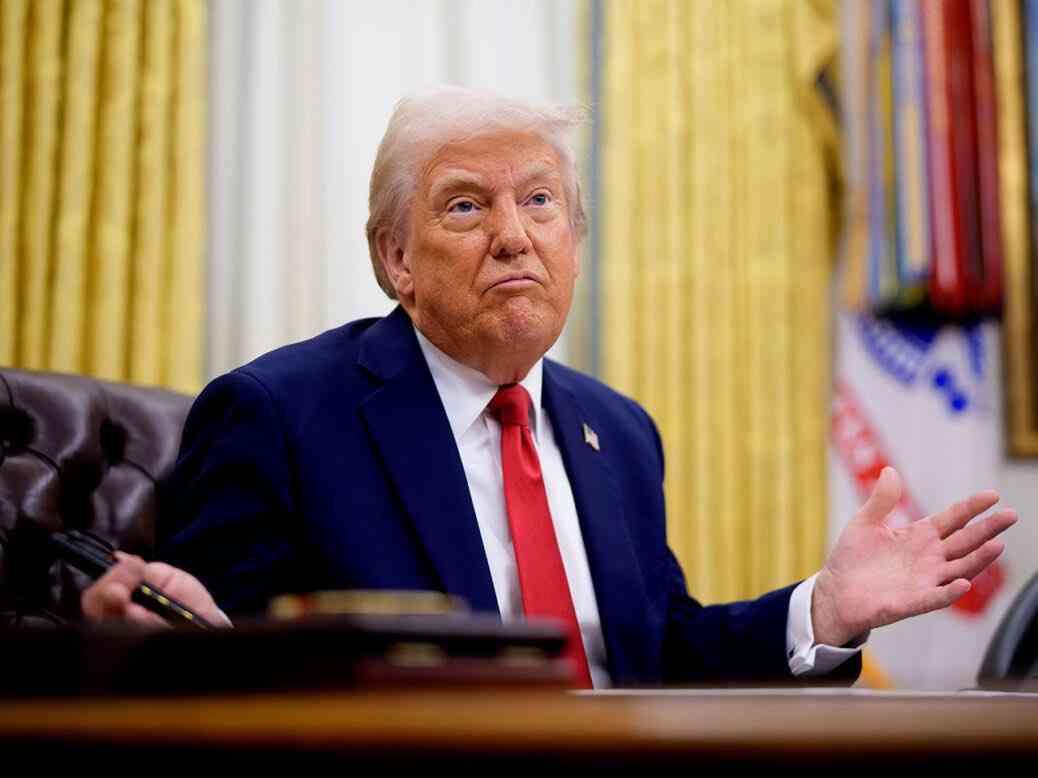
For 25 years, Zimbabweans have endured the scorching furnace of sanctions. What was sold to the world as a measure to punish an errant political elite turned, in practice, into a long and brutal war against the poor.
The very architects of the policy admitted it was meant to squeeze the system until it buckled. But the buckle was not on the collars of those in power. It was on the stomachs of ordinary citizens, on the jobs of factory workers, and on the clinics that ran out of basic medicines.
This is why talk of a rethink in Washington has been welcomed with cautious optimism. A new Bill before the US Congress proposes repealing the Zimbabwe Democracy and Economic Recovery Act (ZDERA) — that infamous 2001 law that blocked Zimbabwe’s access to international credit.
ZDERA became a wall barring Zimbabwe from World Bank and International Monetary Fund (IMF) financing, effectively freezing the country out of the global financial system. But, as ever with Zimbabwe, the devil is in the detail.
The proposed new regime says ZDERA may be dropped. However, new funding for Zimbabwe will only flow if the country pays the full compensation bill for white former farmers displaced by the fast-track land reform programme. In other words, the gate may open, but only if Zimbabwe can cough up US$3,5 billion in a short space of time. If not, the gate slams shut again.
This is not rational thinking.
It is another sanction by a different name.
To be clear, the land compensation issue must be resolved. It is a scar on Zimbabwe’s conscience. It has blocked our reintegration into the world. The 2020 Global Compensation Deed between government and farmers was meant to settle this.
- Mavhunga puts DeMbare into Chibuku quarterfinals
- Bulls to charge into Zimbabwe gold stocks
- Ndiraya concerned as goals dry up
- Letters: How solar power is transforming African farms
Keep Reading
Under that deal, Zimbabwe undertook to compensate for improvements, that is dams, irrigation systems, and homes but not the land itself. This was in line with our Constitution. It was also a pragmatic compromise, recognising historical injustices of colonial land seizures and present-day economic realities.
But the repayment plan was crafted with full knowledge of Zimbabwe’s fiscal frailty. Treasury bonds and phased disbursements were the only way to make the US$3,5 billion remotely possible. Even then, the programme has struggled. Just a fraction of pay outs have been made so far.
To demand full settlement within a year of any new IMF or World Bank lending is to impose a condition designed to fail.
Zimbabwe owes over US$21 billion. The government is already in painstaking negotiations with creditors to clear arrears.
A breakthrough would open the door for new loans, which could in turn stabilise the economy and help restart growth. But under this new US Bill, even after clearing arrears, Zimbabwe would have to pay farmers in cash. It must not pay bonds, or do it through a phased plan. The loans would be blocked.
This is an impossible demand. More importantly, it punishes not the ministers in cabinet or the elites who, ironically, thrived under sanctions.
It punishes patients in need of cancer drugs. It punishes teachers waiting for salaries. It punishes small entrepreneurs trying to trade legally in a strangled economy.
The lesson of the past quarter century is clear: sanctions, in whatever name, harm the vulnerable far more than they touch the powerful.
If Washington truly seeks a rational policy that advances both Zimbabwe’s reform path and America’s interests, it must avoid replacing one deadly weapon with another.
A realistic approach would be to maintain pressure for accountability, while supporting gradual compensation through structured and transparent instruments. Zimbabwe’s own commitment to paying farmers must be honoured. But to demand instant cash repayment of US$3,5 billion is to ask for the impossible, and to condemn yet another generation to poverty.











